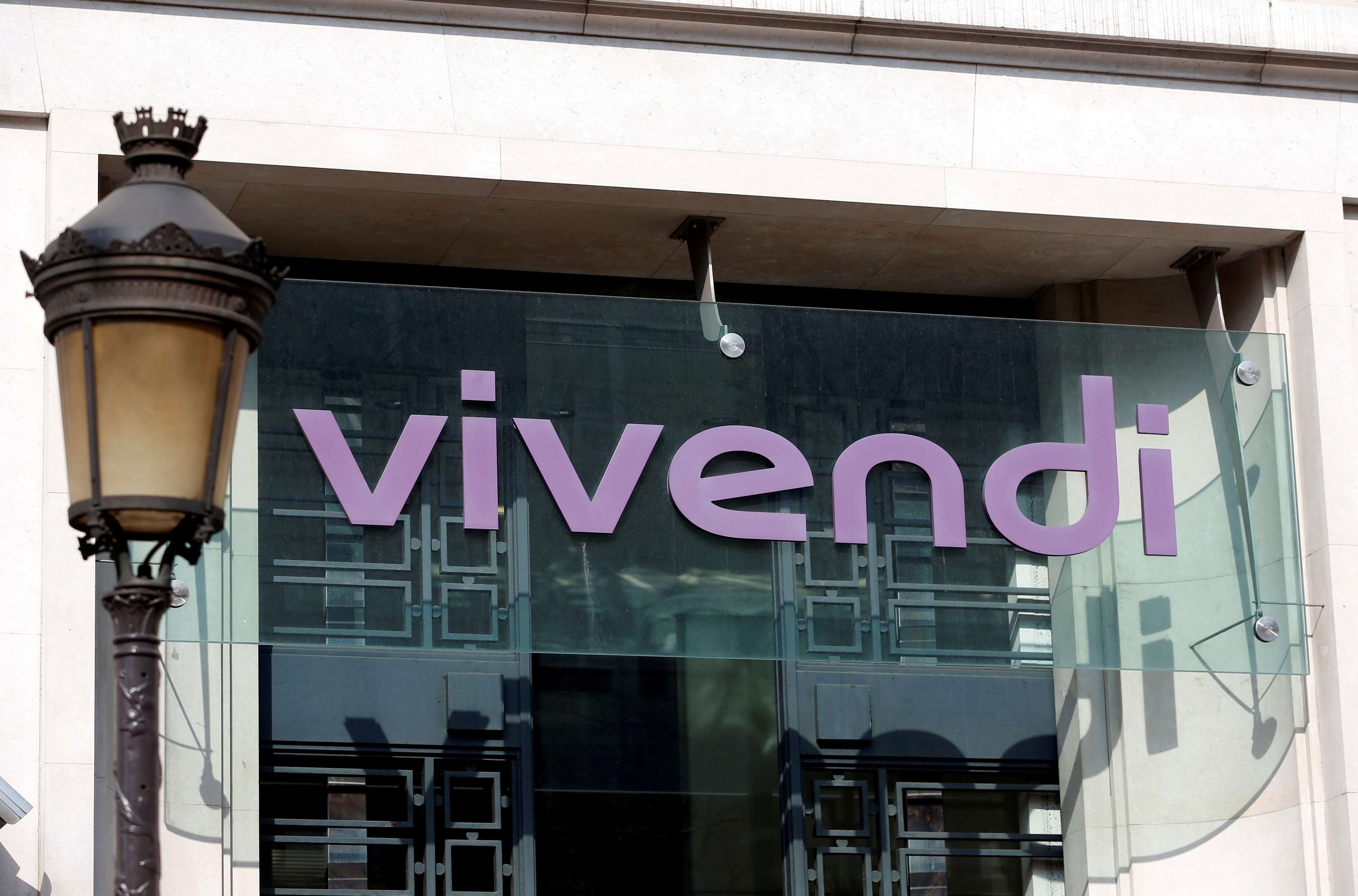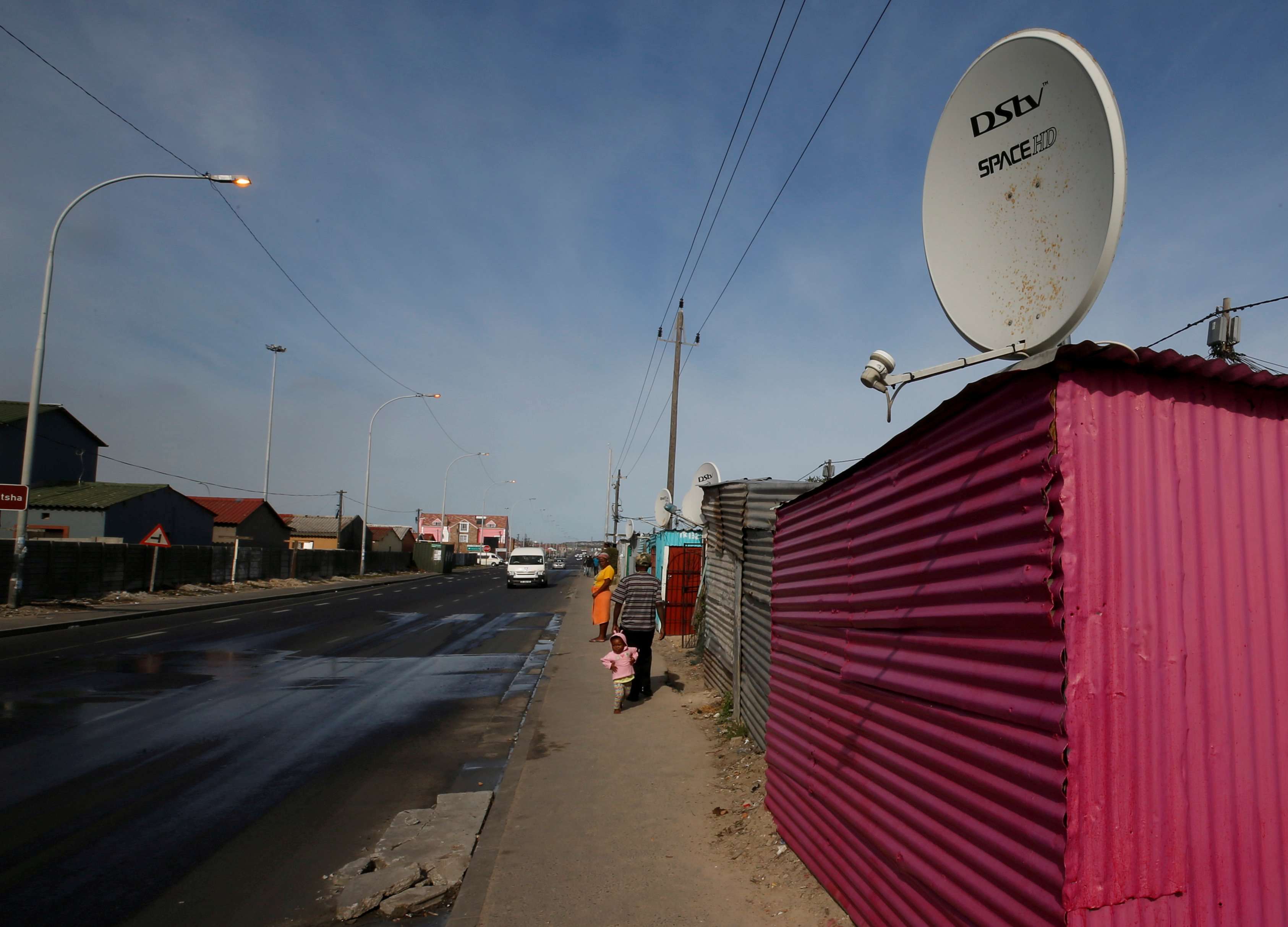Canal must make takeover offer for MultiChoice
Regulator rules
South Africa's takeover regulator has ruled that French media giant Canal+ must make an immediate takeover offer for DStv and Showmax owner MultiChoice.
Karl Gernetzky
The Takeover Regulation Panel (TRP) has ruled that French media giant Canal must make a mandatory takeover offer for DStv owner MultiChoice “immediately” after concluding South Africa’s restrictions on foreign ownership don’t completely eliminate all of its voting rights.
In early February, Canal had indicated it was interested in paying R105 per share for Africa’s biggest pay-TV operator but was rebuffed by its board, which said this undervalued it.
At the same time, Canal also increased its stake in the group to over 35% from 31.7%, just above a threshold that would require the company to make a mandatory offer to shareholders.
Complicating matters, however, is the fact that South Africa’s Electronic Communications Act of 2005 places limitations on foreign ownership of local broadcast licences. This means Canal can increase its shareholding in MultiChoice to any level, but its voting rights are limited to a maximum of 20%.
Legal battle
MultiChoice then applied to the regulator to make a ruling on whether an offer must be made, with deputy executive director Zando Ntuli concluding in a ruling that it must.
While attorneys for Canal , Bowmans, contended the group is not obliged to make such an offer because MultiChoice’s Memorandum of Incorporation (MOI) limits the ability of a foreign shareholder, at any meeting of shareholders, to exercise voting rights above a 20% threshold, the TRP concluded that this argument “breaks down under scrutiny”.
The applicable part of the MOI must be read in the context of another part which states the group’s shares rank pari passu, or are equal, and without preference, the ruling read.
The foreign control restrictions apply to the businesses MultiChoice controls, but the group has other significant businesses across the African continent too, it noted, with local broadcasting licences held by Electronic Media Network (M-Net) and MultiChoice in South Africa.
Restrictions
In addition, the restrictions placed upon the shares are not “intrinsic” to them but occur under a circumscribed set of circumstances related to the group’s obligations under the ECA, the ruling states, adding: “It does not permanently deprive the holder of the right to exercise more than 20% of the holder’s voting rights. If it did, it would lead to absurd and/or unbusinesslike results negating the application of [the section of the Companies Act concerning mandatory offers] and the regulations.”
“One cannot pre-empt the outcome of a mandatory offer or takeover offer that is required by a person (Canal ) under the act and therefore say that Canal is precluded from making a mandatory offer beforehand because doing so they may end up having the power to control a commercial broadcasting licensee in the manner envisaged in the ECA.”
“That outcome of ending up with the power to control a commercial broadcasting licensee in the manner envisaged in the ECA has nothing to do with the requirement to make a mandatory offer,” it said.
The TRP also issued a public compliance notice to MultiChoice after finding that the public announcement of the offer without its approval was unlawful, though this has been appealed.
Scale
When expressing its interest in a takeover of MultiChoice, Canal had argued that scale would be essential to compete with global giants in Africa, creating a “world-leading offering of sports, local and global content”. It didn’t immediately respond to requests for comment yesterday.
Canal , whose parent is Vivendi, operates in 50 countries across Europe, Africa and Asia, directly serving 8 million customers in Africa.
It had about 25 million total subscribers as of its 2023 year, while MultiChoice had 23.5 million.
Shares in MultiChoice were up about 2.4% at R106.82 yesterday morning, having risen about 42% since the beginning of February.
– Fin24
The Takeover Regulation Panel (TRP) has ruled that French media giant Canal must make a mandatory takeover offer for DStv owner MultiChoice “immediately” after concluding South Africa’s restrictions on foreign ownership don’t completely eliminate all of its voting rights.
In early February, Canal had indicated it was interested in paying R105 per share for Africa’s biggest pay-TV operator but was rebuffed by its board, which said this undervalued it.
At the same time, Canal also increased its stake in the group to over 35% from 31.7%, just above a threshold that would require the company to make a mandatory offer to shareholders.
Complicating matters, however, is the fact that South Africa’s Electronic Communications Act of 2005 places limitations on foreign ownership of local broadcast licences. This means Canal can increase its shareholding in MultiChoice to any level, but its voting rights are limited to a maximum of 20%.
Legal battle
MultiChoice then applied to the regulator to make a ruling on whether an offer must be made, with deputy executive director Zando Ntuli concluding in a ruling that it must.
While attorneys for Canal , Bowmans, contended the group is not obliged to make such an offer because MultiChoice’s Memorandum of Incorporation (MOI) limits the ability of a foreign shareholder, at any meeting of shareholders, to exercise voting rights above a 20% threshold, the TRP concluded that this argument “breaks down under scrutiny”.
The applicable part of the MOI must be read in the context of another part which states the group’s shares rank pari passu, or are equal, and without preference, the ruling read.
The foreign control restrictions apply to the businesses MultiChoice controls, but the group has other significant businesses across the African continent too, it noted, with local broadcasting licences held by Electronic Media Network (M-Net) and MultiChoice in South Africa.
Restrictions
In addition, the restrictions placed upon the shares are not “intrinsic” to them but occur under a circumscribed set of circumstances related to the group’s obligations under the ECA, the ruling states, adding: “It does not permanently deprive the holder of the right to exercise more than 20% of the holder’s voting rights. If it did, it would lead to absurd and/or unbusinesslike results negating the application of [the section of the Companies Act concerning mandatory offers] and the regulations.”
“One cannot pre-empt the outcome of a mandatory offer or takeover offer that is required by a person (Canal ) under the act and therefore say that Canal is precluded from making a mandatory offer beforehand because doing so they may end up having the power to control a commercial broadcasting licensee in the manner envisaged in the ECA.”
“That outcome of ending up with the power to control a commercial broadcasting licensee in the manner envisaged in the ECA has nothing to do with the requirement to make a mandatory offer,” it said.
The TRP also issued a public compliance notice to MultiChoice after finding that the public announcement of the offer without its approval was unlawful, though this has been appealed.
Scale
When expressing its interest in a takeover of MultiChoice, Canal had argued that scale would be essential to compete with global giants in Africa, creating a “world-leading offering of sports, local and global content”. It didn’t immediately respond to requests for comment yesterday.
Canal , whose parent is Vivendi, operates in 50 countries across Europe, Africa and Asia, directly serving 8 million customers in Africa.
It had about 25 million total subscribers as of its 2023 year, while MultiChoice had 23.5 million.
Shares in MultiChoice were up about 2.4% at R106.82 yesterday morning, having risen about 42% since the beginning of February.
– Fin24






Comments
Namibian Sun
No comments have been left on this article